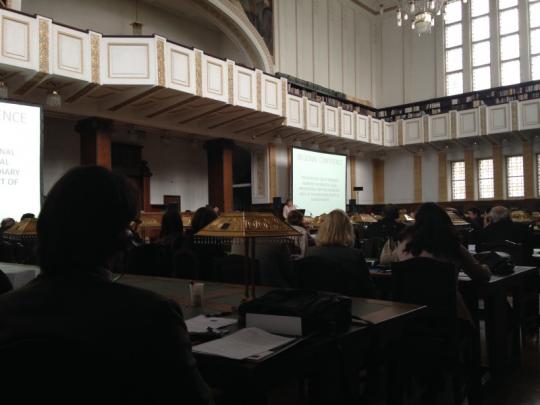12 March 2015 - at the regional conference of the Council of Europe on the effective use of national remedies in domestic legal proceedings and the subsidiary role of the European Court of Human Rights held in Zagreb on 12 and 13 March 2015, Professor Jasna Omejec, President of the Croatian Constitutional Court, gave a speech entitled "Domestic legal remedies: the Constitutional Court at the intersection of the national law and Convention control mechanism". In her lecture she addressed problems stemming from the request for subsidiarity of the Convention control mechanism and illustrated the path taken by the Croatian Constitutional Court in accepting this principle. In contrast to challenges related to the reasonable length of judicial proceedings, where the Court can directly envoke the Constitution to align its jurisprudence with the case-law of the European Court of Human Rights, in more complex cases, involving for example the right to home, it has to resort to broader interpretations of the Constitution. In some matters, however, the Court has been forced to make radical moves to align its jurisdiction with the one of the Eruopean Court with no changes of the normative framework. These are situations in which there is no legal norm in the Croatian legal order on which the Court could ground its jurisdiction to decide on the concrete constitutional complaint, and the European Court will find the violation of the convention rights.
She finally concluded that the main problem in the Croatian legal life, when it comes to realising the priniciple of subsidiarty, lies in the lack of full legal awareness that, along with the Constitutional Court, also all other national institutions, particularly the courts, have to function as pillars of the European architecture of the human rights protection and together with the Strasbourg Court create the European Lernverbund.
Na kraju je istaknula kako temeljni problem u pravnom životu Hrvatske kad je riječ o ostvarenju načela supsidijarnosti vidi u nepostojanju pune svijesti o tome da uz Ustavni sud, i sve druge nacionalne institucije, osobito sudovi, moraju funkcionirati kao stupovi europske arhitekture zaštite ljudskih prava, i zajedno sa strasbourškim sudom, kao snažnim članom zajedničkog tima, stvarati europsku mrežu znanja.
